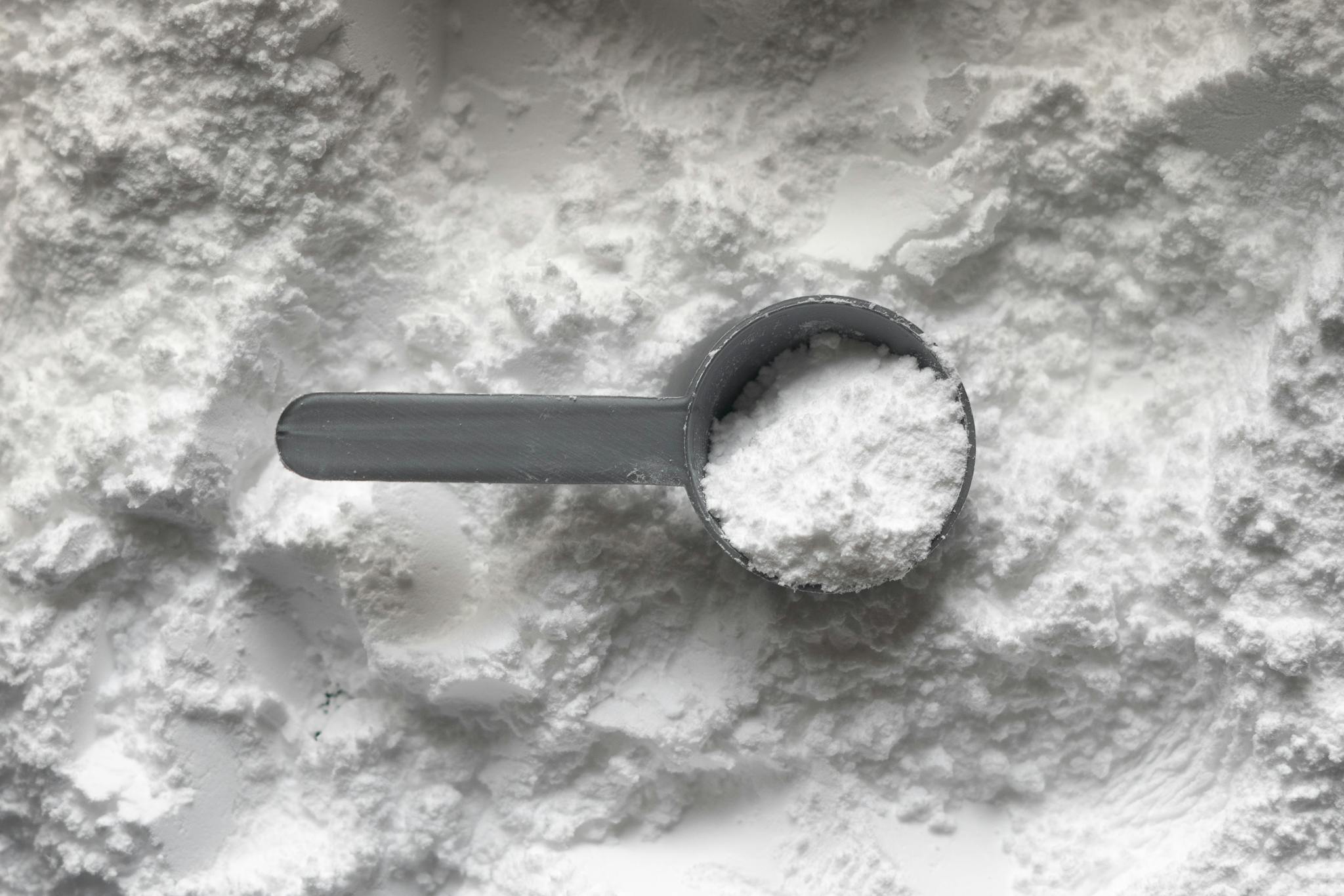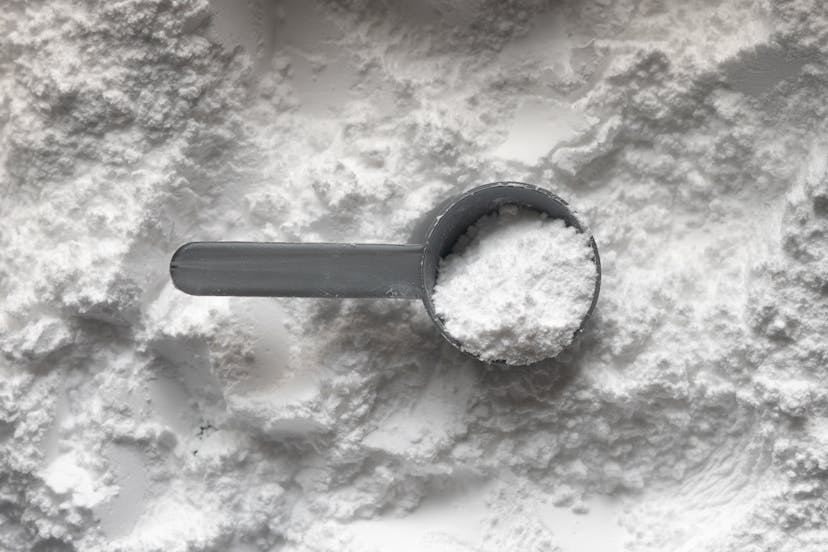Introduction
Creatine, a familiar name in the world of fitness and sports nutrition, is often touted for its capacity to boost athletic performance and build lean muscle mass. However, the benefits of creatine go well beyond the weight room. This blog post seeks to illuminate what creatine is, its primary sources, and the multitude of health benefits it offers.
What is Creatine?
Creatine is an amino acid-like compound that is naturally produced in the liver, kidneys, and pancreas. It is also obtained through the diet, particularly from foods like meat and fish. Around 95% of the body’s creatine is stored in skeletal muscle, where it is used to produce adenosine triphosphate (ATP), the primary energy currency of cells.
Creatine supplements, most commonly creatine monohydrate, are widely used, particularly among athletes and bodybuilders. They are primarily used to increase muscle creatine stores, enhance exercise performance, and promote muscle growth.
The Health Benefits of Creatine
Creatine's most notable benefit is its ability to enhance physical performance, particularly during high-intensity, short-duration exercises like weightlifting or sprinting. By increasing the availability of ATP, creatine can help increase strength, power, and muscle endurance, allowing athletes to train harder and recover faster.
Creatine has been shown to promote muscle growth by increasing the water content of muscle cells, a process known as cell volumization. This can lead to an increase in muscle size in the short term. Over the long term, creatine can also enhance muscle growth by boosting the formation of proteins that create new muscle fibers.
May Improve Brain Health
The brain requires a significant amount of ATP for energy, and as such, creatine can play a vital role in maintaining optimal brain health. Research suggests that creatine supplementation can improve cognitive function, memory, and mental performance, particularly in situations where the brain is deprived of oxygen or during periods of sleep deprivation.
Supports Bone Health
Preliminary research suggests that creatine may help improve bone health. It is believed to enhance the function of cells that form new bone and may reduce the rate of bone loss with age. This could potentially help prevent osteoporosis and other bone-related health conditions.
May Aid Neurological Diseases
Some research suggests that creatine can help in the management of certain neurological diseases, including Parkinson's and Huntington's disease. It may help to reduce the loss of neuronal cells and improve symptoms associated with these disorders, such as a loss of muscle mass and strength.
Recommendations and Precautions
The International Society of Sports Nutrition recommends an initial loading phase of creatine supplementation involving 20 grams per day (split into 4 doses) for 5-7 days, followed by a maintenance phase of 3-5 grams per day. However, it's always best to consult a healthcare professional before starting any new supplementation regimen.
Creatine is generally well tolerated and considered safe for long-term use in healthy individuals. However, it can cause some side effects, including weight gain (due to water retention), muscle cramping, nausea, or digestive issues.
Conclusion
Creatine, renowned for its power-boosting capabilities in the gym, is much more than just a workout supplement. Its role in energy production has profound implications for muscle growth, brain health, bone strength, and potentially, neurological disease management. While our bodies naturally produce creatine, supplementation can be beneficial for certain individuals, especially athletes and those involved in high-intensity workouts. As always, it's crucial to consider personal health circumstances and consult with a healthcare provider before starting any supplementation routine.

